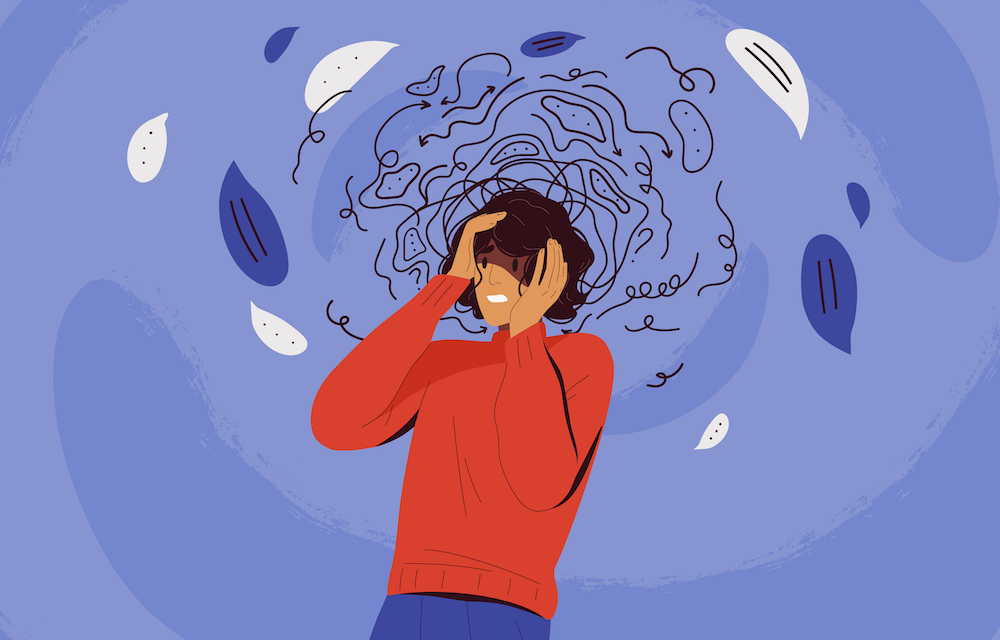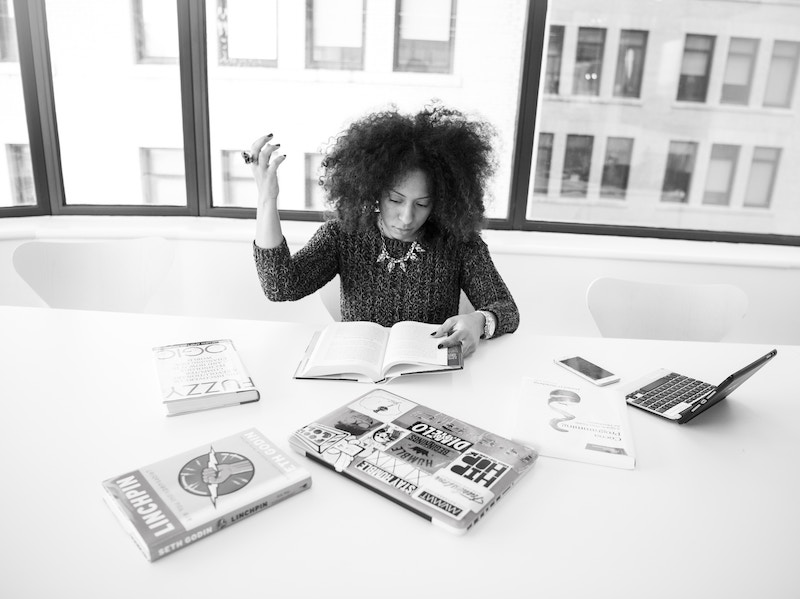
Article provided by Russell Norris, author of Redface: How I Learnt To Live With Social Anxiety
I started blushing uncontrollably as a young teenager, at anything and everything. It stayed with me all through university and got worse in the workplace.
I still blush today as a 40-year-old man. Doctors call it Idiopathic Craniofacial Erythema. But let’s just call it chronic blushing. I don’t only go red when I’m embarrassed. I can blush at any time, in any place – frequently during mundane events like talking to friends, buying something in a shop, asking someone for directions or simply making eye contact with another human being.
It’s distressing to be a blusher. A blush suggests immaturity and inexperience. It doesn’t belong in the adult world because by the time you’re an adult, you should be able to control your emotions (or at least that’s what the blusher imagines other people are thinking).
For me, the constant worry about blushing led to Social Anxiety, an irrational fear of social situations. It’s officially classed as a mental disorder affecting millions of people worldwide and up to 10% of the UK. At its core is a behaviour called avoidance: when you’ll do just about anything to avoid the situations you fear the most. It’s why Social Anxiety Disorder is often described as “the illness of missed opportunities”, because it diverts your energy into the sidelines, into an elaborate and prolonged scheme of escape. All through my twenties I spent all my time trying to escape any situation that might make me blush. Meetings, presentations, workshops, you name it. Any moment that trapped me in close proximity to other people was something to be avoided. As you can imagine, over the years, this made it pretty hard for me to survive in an office.
But I did survive. And my phobia didn’t stop me from climbing the career ladder. Two decades into my career, I found myself doing things I thought I’d never be capable of: leading teams, presenting to CEOs, giving talks to packed rooms of people.
If you blush easily, or get socially anxious, or you’re an introvert treading water in an extrovert environment – I know how hard it can sometimes feel just to get through the workday. Especially when everyone else seems to be doing it so effortlessly. But I’ve developed a few strategies along the way that helped me. And they might help you too.
Leave your desk
I’ve always found open-plan offices counterproductive. So I leave my desk to get away from people. And I’ve stopped feeling bad about needing peace and stillness to get my work done. Sometimes I leave the building and go sit in a cafe or find a quiet corner in the office where I can hide behind some plants. I once worked in a place with lots of fake shrubbery: you’d almost always find someone slouched down low behind those plastic leaves and it was always the introverts.
Work from home
OK, remote working has quickly become the new normal. But don’t forget that pre-Covid, WFH was still the exception. And it still felt stigmatised. When I used to lead a department and meet with clients every single day, it really drained me. All my energy went into managing my anxiety instead of into my work. So I negotiated with HR to work from home one day per week. And it made a huge difference. On that day I was much more focused and productive. I felt a powerful sense of release from the constant pressure to perform in public.
Exercise strategically
It’s hardly breaking news but it’s so true: mind and body are interconnected. Exercise burns excess adrenaline and lowers your blood pressure. It can decrease the physical signs of Social Anxiety like trembling, sweating and blushing. I used to strategically go for long runs before socially stressful events. Big meeting on Friday morning? Go for a run on Thursday night. It doesn’t have to be running but something aerobic is a good idea. Swimming, cycling, dancing: it won’t be a silver bullet but in my experience, it genuinely calms the mind.
See the blessing
It might sound cheesy but I used to see Social Anxiety as a very personal curse. Nowadays I try to see it as a personal blessing instead. If you’re highly nervous it means you’re highly sensitive – and that comes with heightened perceptions and emotional intelligence. Being socially anxious means you’re skilled at spending time alone, at finding a deeper creative or analytical flow. These aren’t weaknesses. They’re unique strengths. And you should use them to your advantage every day.
Redface: How I Learnt To Live With Social Anxiety by Russell Norris is published on 1st April 2021 by Canbury Press, priced £9.99, available online and from all good bookstores
If you are a job seeker or someone looking to boost their career, then WeAreTheCity has thousands of free career-related articles. From interview tips, CV advice to training and working from home, you can find all our career advice articles here.








